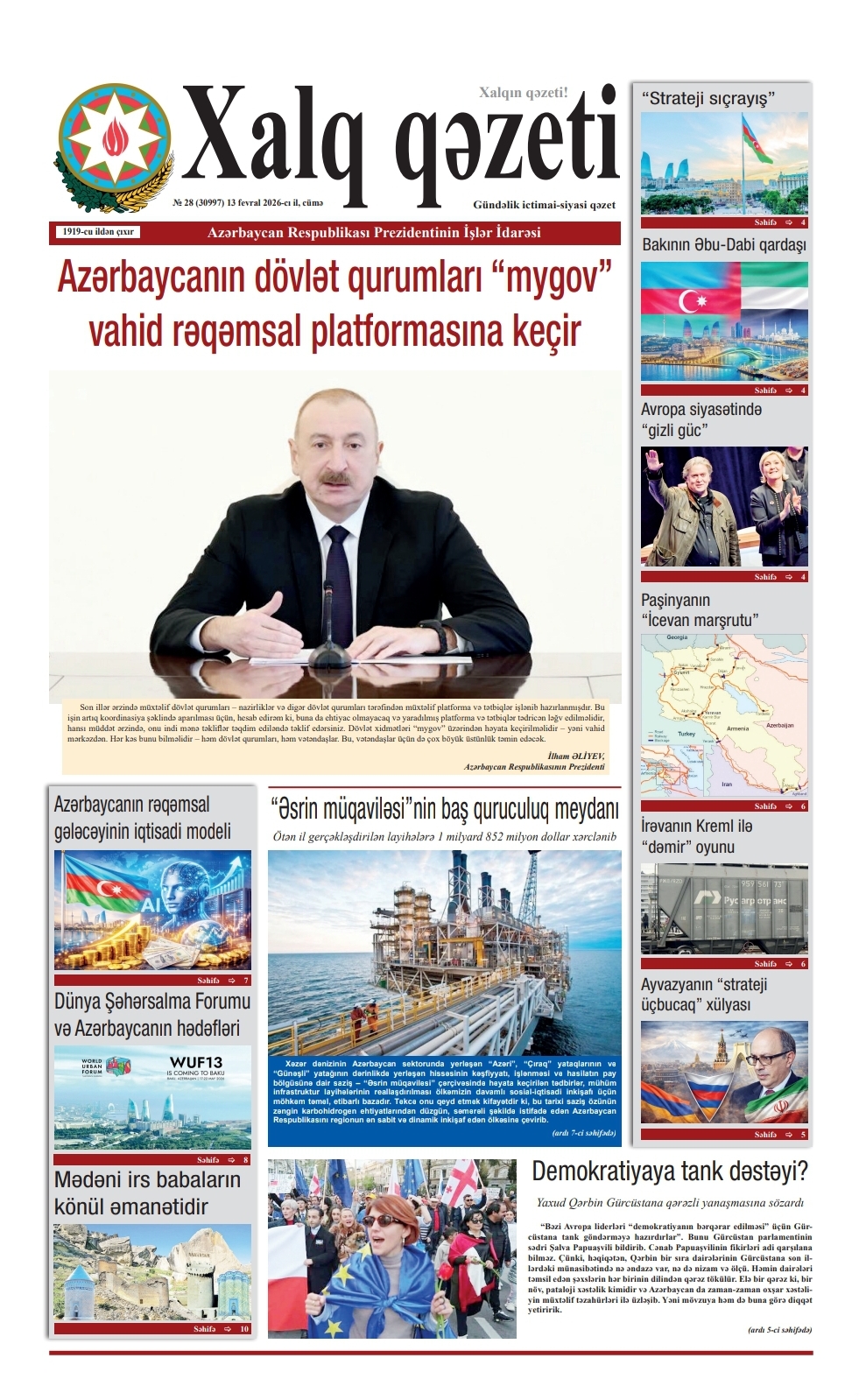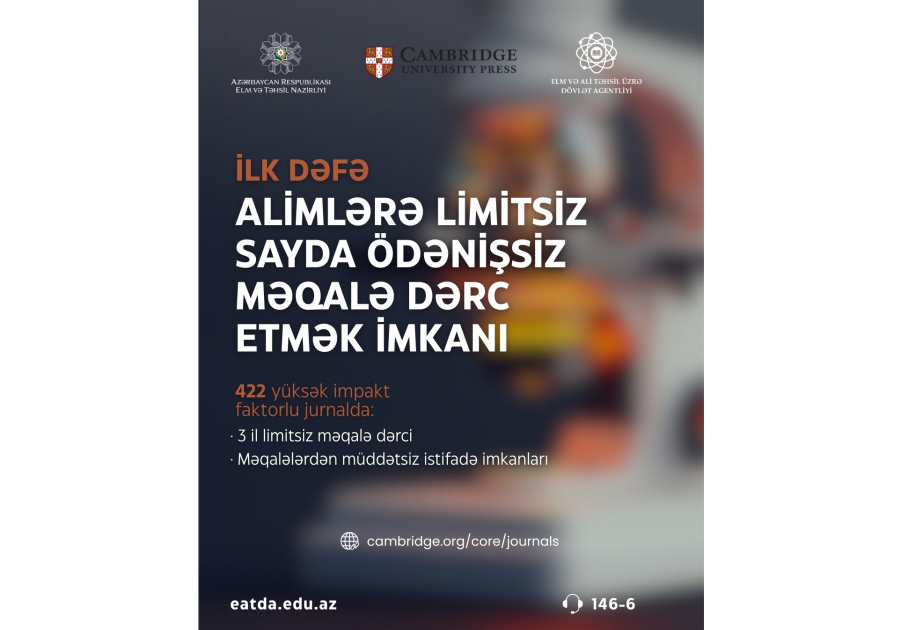Far too many households across the European Region are pushed into poverty after paying for health care, finds new WHO/Europe report
As health leaders from the WHO European Region gather in Estonia for the landmark Health Systems Conference, marking 15 years since the Tallinn Charter highlighted that people should not become poor due to ill health, a new WHO/Europe report covering 40 countries in Europe finds that millions of people are still struggling to pay for health care.
According to WHO official website, health systems’ heavy reliance on out-of-pocket payments means many people experience financial hardship when using health care or face barriers to access, resulting in unmet need. Out-of-pocket payments also push some people into poverty or make them even poorer. Globally, 4.5 billion people – more than half of humanity – are not covered by essential health services.
New pre-pandemic data from 2019 show some concerning trends. Many countries in the Region have significant gaps in population health coverage: only 23 out of 40 countries report covering over 99% of the population. The incidence of catastrophic health spending is 3 times higher in countries with gaps in population coverage compared to countries that cover over 99% of the population.
When looking at the poorest fifth of the population in a specific country, catastrophic health spending can be 2 to 5 times higher than the national average. Catastrophic health spending means a household can no longer afford to meet basic needs – food, housing and heating – because of having to pay out of pocket for health care.
This means that the poorest people are the ones most likely to suffer the most financial hardship. In the majority of countries (28), the incidence of catastrophic health spending increased over time, with an average increase of 1.7 percentage points. In the remaining 12 countries, the incidence of catastrophic health spending fell by 1.8 percentage points on average.
Out-of-pocket payments for outpatient medicines are the main driver of financial hardship across countries, especially for the poorest fifth of the population, followed by medical products (for example, hearing aids) and dental care. In the poorest 20% of households, spending on medicines is responsible for 60% of catastrophic health spending on average across the 40 countries.
The pandemic has worsened the situation for many, creating huge backlogs that can force people to pay out of pocket for private health care and medicines, as well as insurmountable barriers to access, leading to negative health outcomes.
Medicines, medical products and dental care are services that should be delivered or managed in primary-care settings. The report’s findings indicate that there is a significant gap in the coverage of primary care in many countries in the Region.
“Our report shows that already before the pandemic, people were facing an unacceptable level of catastrophic health spending. As we mark International Universal Health Coverage (UHC) Day, and in the wake of the devastation caused by the COVID-19 pandemic, it’s time to get health systems back on track,” said Dr Hans Henri P. Kluge, WHO Regional Director for Europe.
“For millions of people in the European Region, free or affordable health care is simply a dream. Many face excruciating choices like paying for medicines or treatment at the expense of paying for food or electricity. We simply can’t allow health-care costs to impoverish millions of families. After all, health is a fundamental human right.”
WHO/Europe is urging countries to make the following 5 policy choices to improve financial protection and move closer to UHC:
-Coverage policies should be adequately funded by public spending to ensure there are no major staff shortages, no long waiting times for treatment and no informal payments.
-Entitlement to publicly financed health care should be de-linked from payment of social health insurance contributions. The relevant tax agency should deal with non-payment of health insurance contributions, not the health system.
-Health-care user charges (copayments) should be applied sparingly and designed in such a way that people with low incomes or with chronic conditions are automatically exempt from all charges.
-Primary-care coverage should include treatment, not just consultation and diagnosis. This will help reduce out-of-pocket -payments for medicines, medical products and dental care.
-Refugees, asylum-seekers and undocumented migrants should be -entitled to the same benefits as other residents, without administrative barriers to accessing entitlements.












